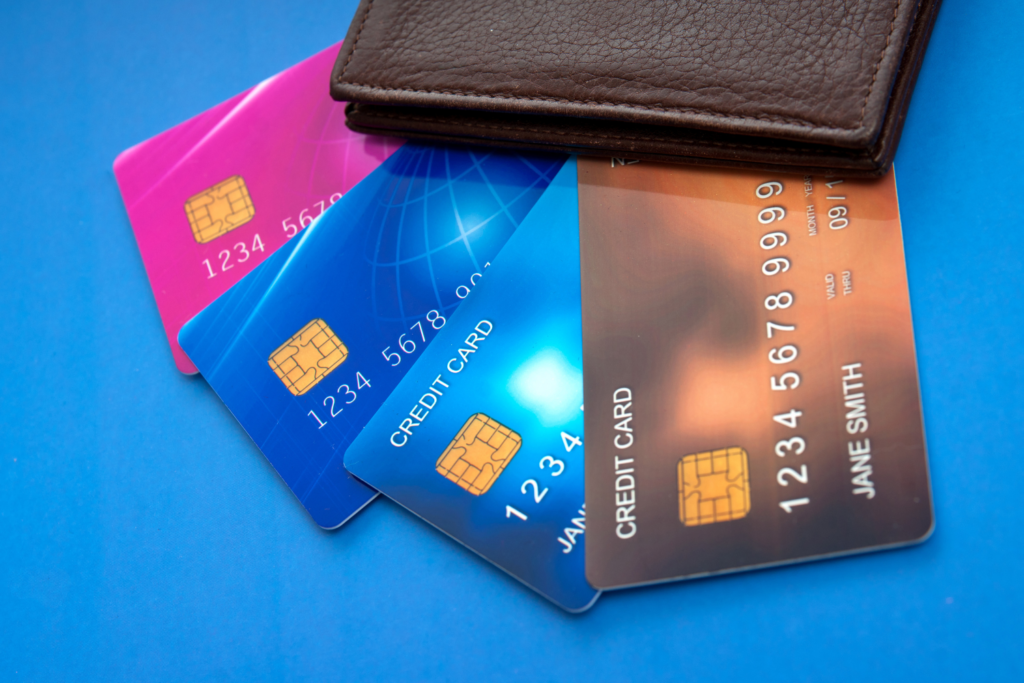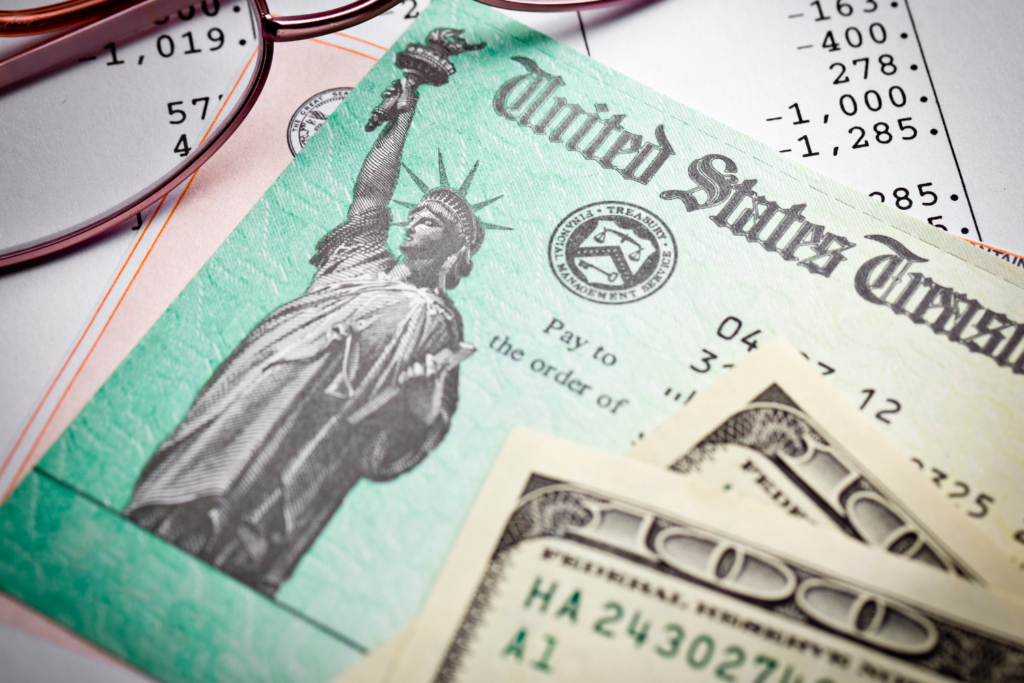You may not know it yet, but you love cash and you despise, you loathe, you detest and deplore credit cards. Credit cards are the devil’s tools for tempting you into bankruptcy. More college students have run amok with credit cards than ever went astray with liquor or companions of ill-repute.
You absolutely must understand the cardinal rule of personal finance: Never-ever, nowhere and no time, no way should you spend money you do not have. Remember that thing about “neither a borrower nor a lender be”? You should follow that. If you are in college, you are supposed to be starving and suffering; poverty and despair are built into the curriculum at every step of the process. Credit cards are as dangerous as prescription painkillers. Just say no!
Most colleges now regulate on-campus credit card solicitation. Credit card companies are, however, insidious, stealthy, and sneaky; they will creep into your life via the Internet and direct mail. They are betting your future earnings on your current need to spend. The $25 you spend today easily may swell to $500 after interest charges, administrative fees, ATM charges, and penalties. Do not fall for credit card companies’ schemes and lies.
Get one card and manage it well.
When somebody cautions you, “This will go on your permanent record,” this is no idle threat. No one ever will scrutinize your college transcript, but the whole world will examine your credit history. Safe credit is at least as important as safe sex. Therefore, to establish a respectable credit history, find one low-interest credit card for which you can qualify without your parents as co-signers. Accept the card, use it to make one small purchase each month, and pay off the entire balance on or before the due date. No se habla “minimum payment” or “grace period.”
Strictly subscribe to the Five Commandments of intelligent credit card use:
- Understand and respect the importance of a good credit score. A good credit score determines not only your credit worthiness but also your insurance rates, the interest rates you pay on other kinds of credit, and your eligibility for responsible professional jobs. The decision-makers in your life regard reckless credit card use as a serious sign of recklessness in everything you do.
- Resist freebies, “teaser rates” and “special introductory offers.” Credit card companies count on your ingenuousness and unwillingness to read the fine print; they manipulate you into accepting cards with interest rates up to 25 percent and penalty rates on outstanding balances that can soar up to 35 percent. 90 days of interest free spending can turn into years of back-breaking minimum payments.
- Learn the definition of “emergency.” When your car suffers a thermonuclear meltdown, the event meets the standards for “emergency.” A great sale at Forever 21 is, in now way whatsoever, anything remotely resembling an emergency. When you need that expensive chemistry textbook to assure a good grade on the midterm, you have an emergency. When your friends suggest, “We should try that hot new club,” you do not have an emergency. When in doubt, consult your conscience.
- Never take cash advances. Most credit cards charge much higher interest rates on cash advances than they charge on regular retail purchases or services. You probably must select a personal identification number for online transactions, and the PIN will allow you to use your card in ATM machines too. Just simply refuse ever to put your credit card into the ever-so-willing slot on the machine.
- Religiously pay on time. With some companies, even paying on the payment due date counts as “late” and costs you credit points. When you pay off that teeny-tiny monthly balance for the sake of running-up your score, pay it on the day the bill arrives in the mail.
You cannot really imagine just how bad it can get.
During the third week of her freshman year, San Diego State University honor student Alicia Gallegos quickly filled out a credit card application on her way to class one sunny afternoon. The promotional brochure said “low rates and low payments,” and she believed it. She listed her parents as guarantors of her credit. When her card arrived in the mail, she activated it and treated it as a “license to shop.” In one afternoon, she ran the card to its hefty limit.
By the time Alicia’s great credit card adventure came to its natural conclusion, she had learned about civil courts, and she had put her parents’ house and other assets in jeopardy of foreclosure and seizure. “Don’t be me,” a sadder-but-wiser Alicia counsels. “Be the smart kid who keeps the credit card stashed away, locked tight, and wired with alarms for emergency use only. And ’emergency’ means your hair is on fire and you really could die.”
Cassidy Hensen is a freelance writer living in New York. She is a guest writer for www.financialcalculator.org where you can find and use your own financial calculator.





